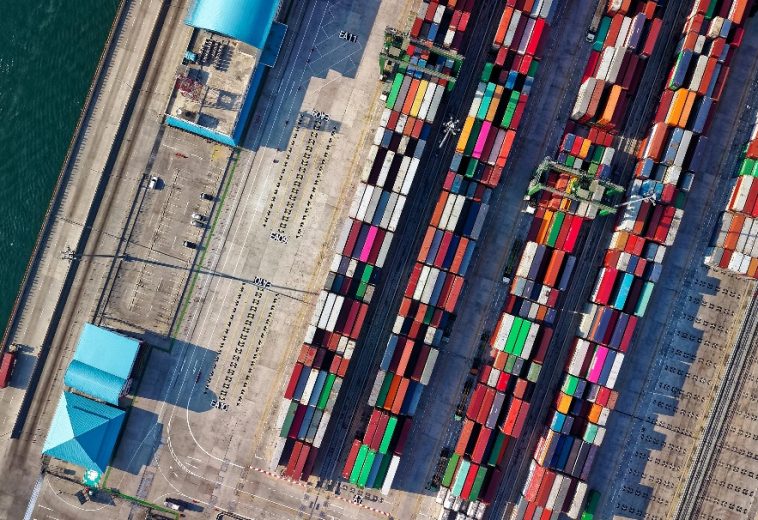The Italian government has revealed its readiness to embark on a path of operations. A part that is quite different from its regular mode of operation. The Italian Prime minister, Giorgia Meloni, since she came into office, has been active in her foreign policy; engaging her Eastern European neighbours, providing support to countries like Ukraine and being active in climate and economic summits.
Prime Minister Meloni has taken a step further in her administration’s foreign policy with her shift of focus to Africa. The Prime Minister, since the beginning of the 2024, has visited Egypt and Tunisia, the first of many trips to the continent. Italian government have declared their desire to explore deeper African ties with the advent of their new African foreign policy, ‘Mattei Plan’.
The Mattei Plan, named after Enrico Mattei, business mogul and founder of petroleum giant, ENI, marks a significant shift in the Italian foreign policy a strategic move in improving Italian interests. The policy adopts the ideology of leveraging partnerships and diplomatic maneuvers to strengthen mutual development and influence between the host nations and the Italian government.
The Mattei Plan was first announced on October 25, 2022 at Meloni’s investiture speech to the Chamber of Deputies, as a collaboration between the European Union and the African continent. The policy was initially aimed at containing Islamic radicalism in sub-Saharan Africa. But the need to follow in Enrico Mattei’s legacy in advocating energy independence and geopolitical influence was imbibed within the framework of the plan. With this, the Italian government aims to utilize the influence of ENI within the continent to accentuate its plans.
The Mattei Plan is predominantly an economic plan by the Italians to improve its infrastructure, energy and industrial investments across Africa. The policy is expected to focus on sustainable development projects to promote employment, technology transfer rather than the common resource extraction. This strategy is meant to enhance the host countries economic resilience and also cultivate a long-term bilateral relationship between Italy and the host country.
In today’s geopolitics, alliances between nations are crucial as they not only provide economic support between partnering nations, but also protects their interests in global politics. A good example of this is the USA-Israel alliance. With the Mattei Plan, Italy seeks to bolster its global political influence with the support from its African partners. Italy seeks to secure its position with other international players; USA, China and Russia. Deeper ties with Africa also improves Italy’s position in international forums and as a mediator in regional conflicts.
With the exit of the French from African countries like Niger, Burkina Faso and Mali, the Mattei plan can deepen Italy’s military presence in the continent and go a long way in resolving the varying conflicts within the Sub-Saharan Africa. Italy has over 250 military personnel in Niger, training local forces and combating jihadi violence.
READ ALSO: War in Sudan: Displacement, Economic Losses, and Efforts
The Mattei Plan has proposed ambitions plans and goals to accomplish within the African continent. But the stigma of neocolonialism still hovers in the air of the continent and as such the Mattei Plan has not been met with open arms. The depose of the French by Mali, Niger, Burkina Faso was an awakening for African nations and since then, there has been wariness of Western presence. This is going to be a hindrance to the actualization of the Mattei Plan by Giorgia Meloni’s administration.
The diverse landscape of the continent is also going to proffer a tough task ahead for the Italians. Africa is a multi-lingual and multi-tribal continent with diverse political orientation. Navigating through the political landscape and ensuring equitable distribution of economic benefits is going to prove difficult for the Italian government and will be influential in the long-term success of the policy.
The success of the Mattei Plan is going to depend greatly on Italy’s ability to ensure a sustainable partnership based on mutual respect and benefit.


